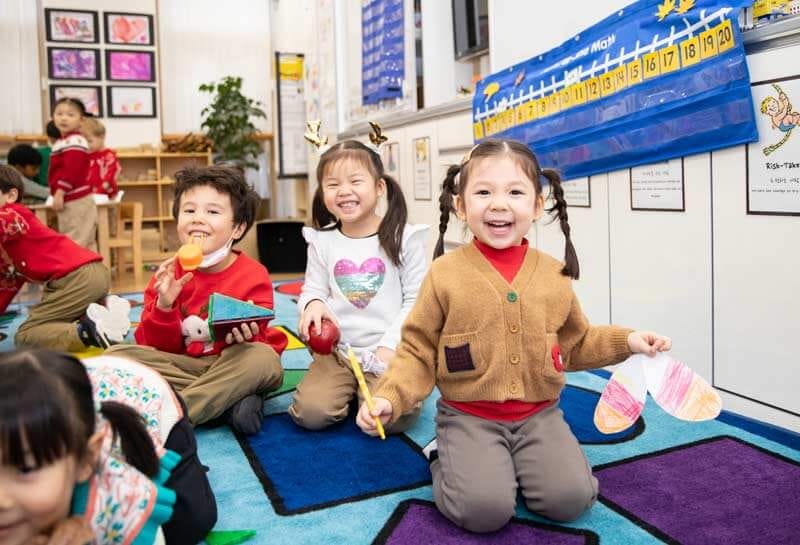What Preparation Does Early Childhood Provide for Lifelong Learning and Global Citizenship?

Early childhood is more than just a developmental phase it is the foundation for a child’s lifelong journey as a learner, thinker, and global citizen. The formative years between ages two and six are crucial for shaping cognitive, emotional, and social abilities. High-quality early education programs, such as the IB Early Years Programme, are designed to nurture these skills in a thoughtful and structured way, preparing children not just for school, but for life in an interconnected world.
A Nurturing Start That Builds Confidence and Curiosity
At the heart of effective early childhood education lies an environment that is both safe and stimulating. When children feel secure and supported, they are more willing to explore, question, and engage with the world around them. Purposefully designed learning spaces both indoors and outdoors encourage self-discovery and social interaction. Through these experiences, children begin to develop the confidence and independence that are essential for becoming proactive learners.
Inquiry-Based Learning: A Lifelong Skillset
The IB Early Years Programme emphasizes an inquiry-based approach, meaning children learn by asking questions, exploring answers, and reflecting on their discoveries. This method encourages children to take ownership of their learning process. Rather than simply absorbing information, they learn how to think critically, make connections, and solve problems. These skills are not just academic they’re transferable across every aspect of life.
Play with Purpose: Learning Through Doing
Play is more than a pastime it’s a vehicle for meaningful learning. When children engage in purposeful play, they are not only having fun but also building language skills, practicing collaboration, and expressing their creativity. Each play-based activity is intentionally aligned with educational goals that promote holistic development cognitive, emotional, social, and physical.
Cultivating Communication and Connection
Early childhood education also lays the groundwork for effective communication. Through interactions with teachers and peers, children learn to express themselves clearly and respectfully. They explore a wide range of emotions and social situations, developing empathy and emotional intelligence along the way. These early experiences are vital for becoming active participants in a global society where communication and collaboration across cultures are key.
Building a Global Perspective from the Start
An international curriculum like the IB Early Years Programme goes beyond local boundaries. Children are exposed to transdisciplinary themes that help them understand the world and their place in it. These themes such as “Who We Are” or “How the World Works” encourage children to think globally, ask big questions, and appreciate diverse perspectives. This approach fosters open-mindedness, responsibility, and a sense of global citizenship from the earliest years.
Preparing Children to Thrive
The goal of early childhood education isn’t simply to get children ready for primary school it’s to prepare them for a lifetime of growth, exploration, and contribution. When children are supported to become independent, confident, and compassionate learners, they are well on their way to thriving in an ever-changing world.
Dwight Seoul, through its IB Early Years Programme, exemplifies this approach by empowering young learners with the tools and mindset they need to become lifelong learners and global citizens.
Comments
Post a Comment